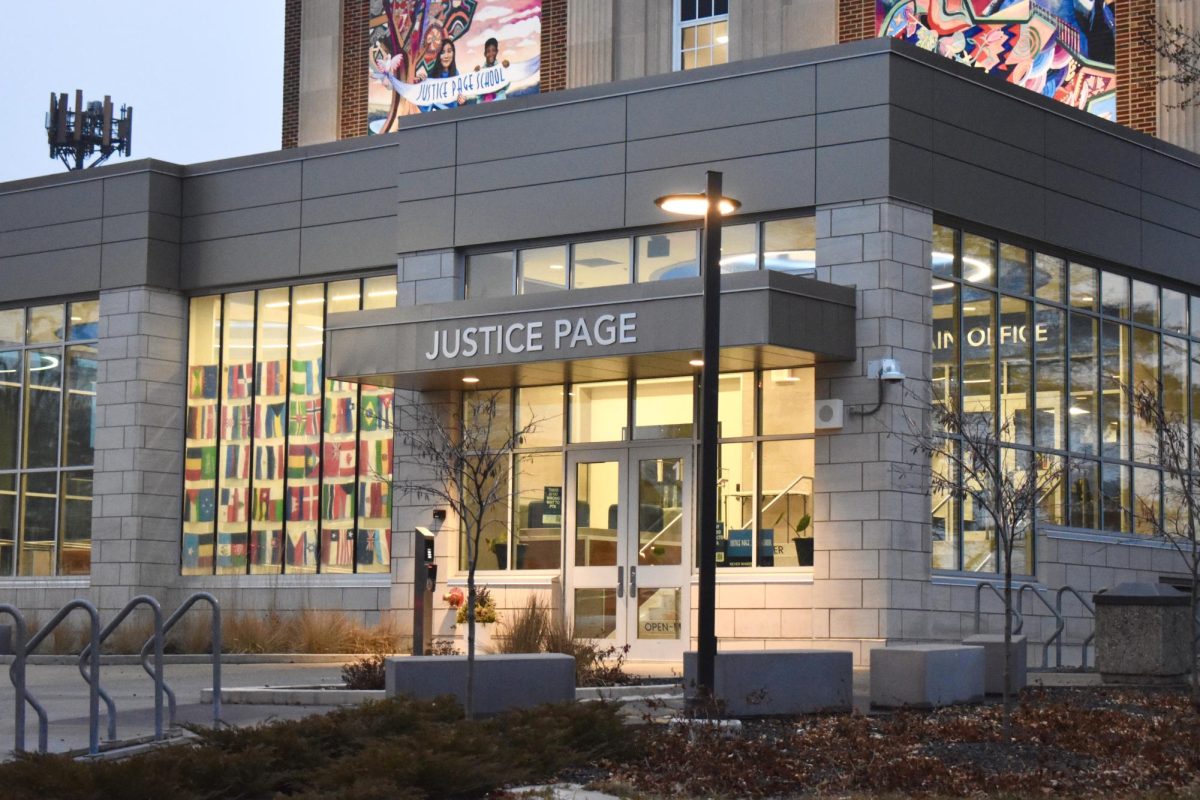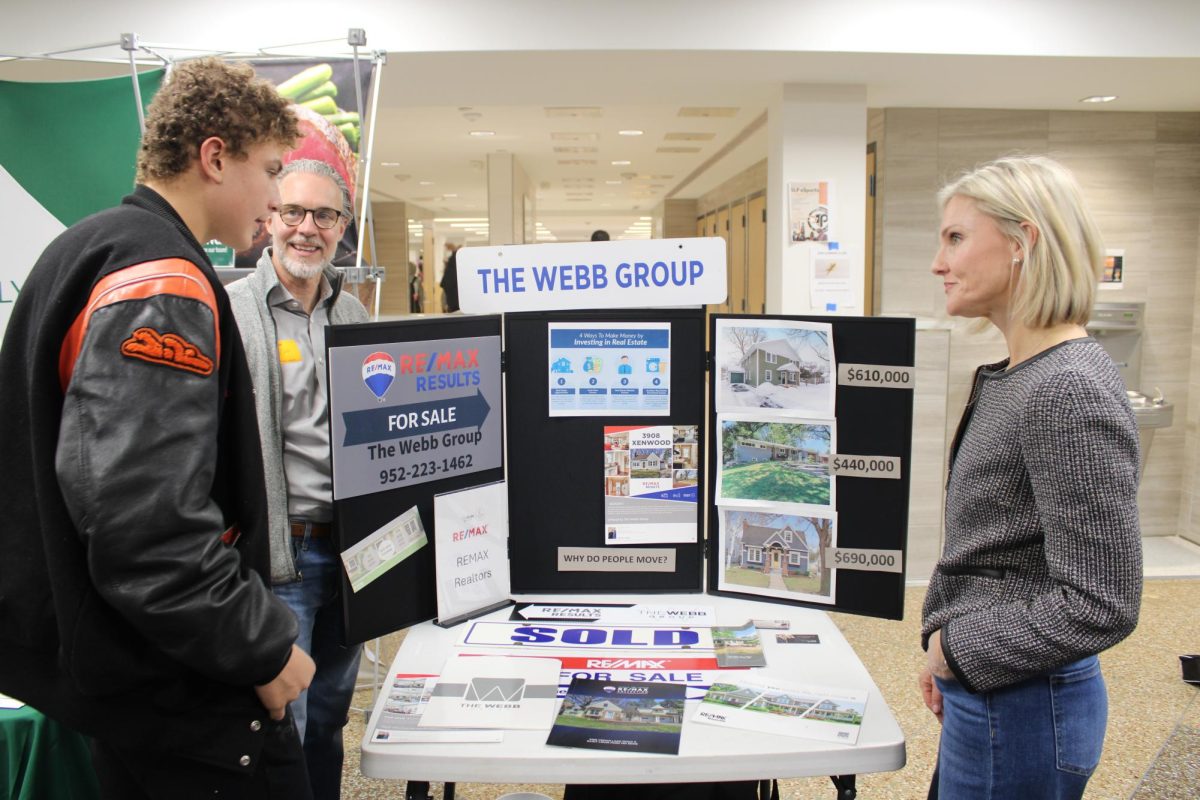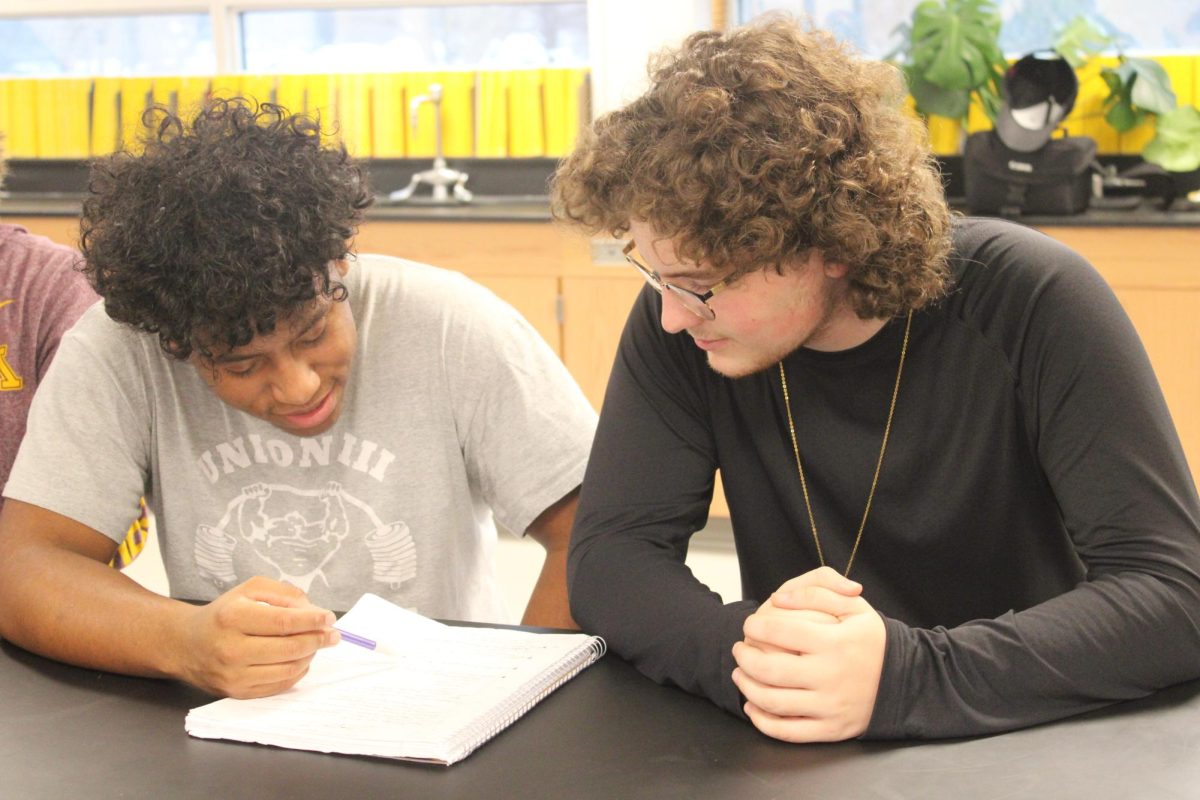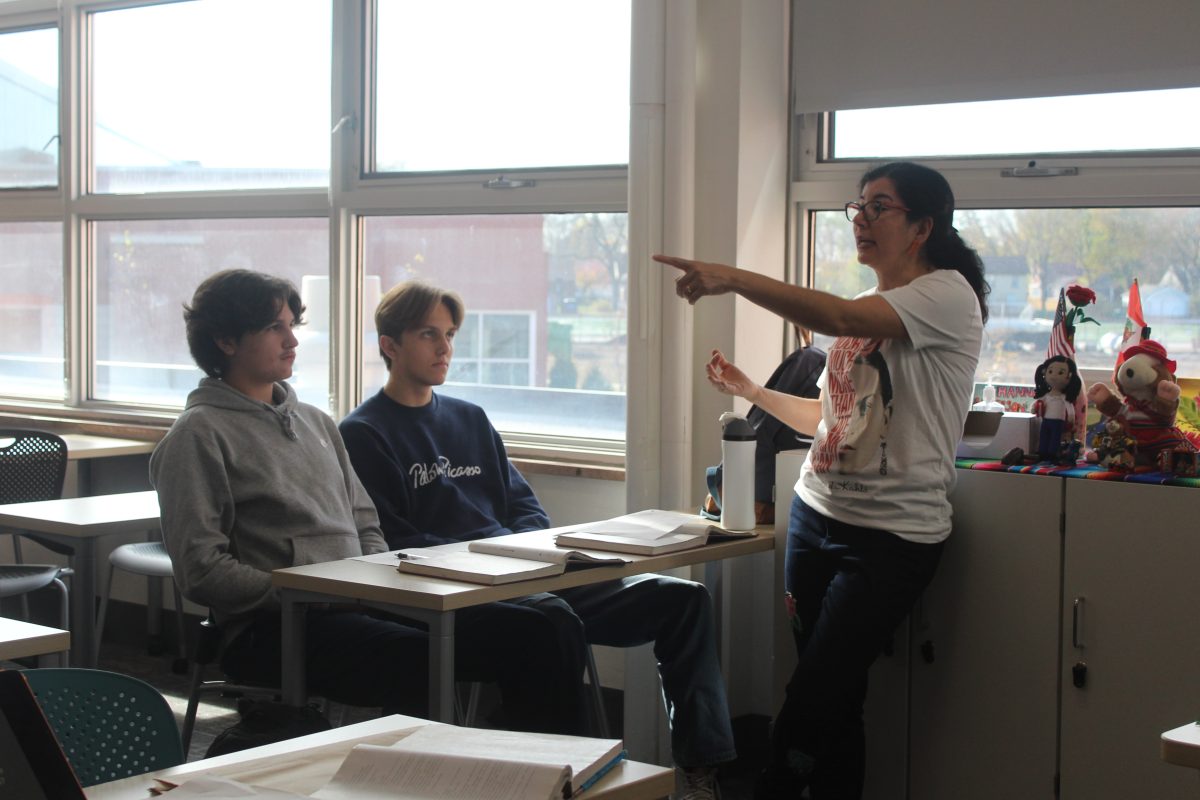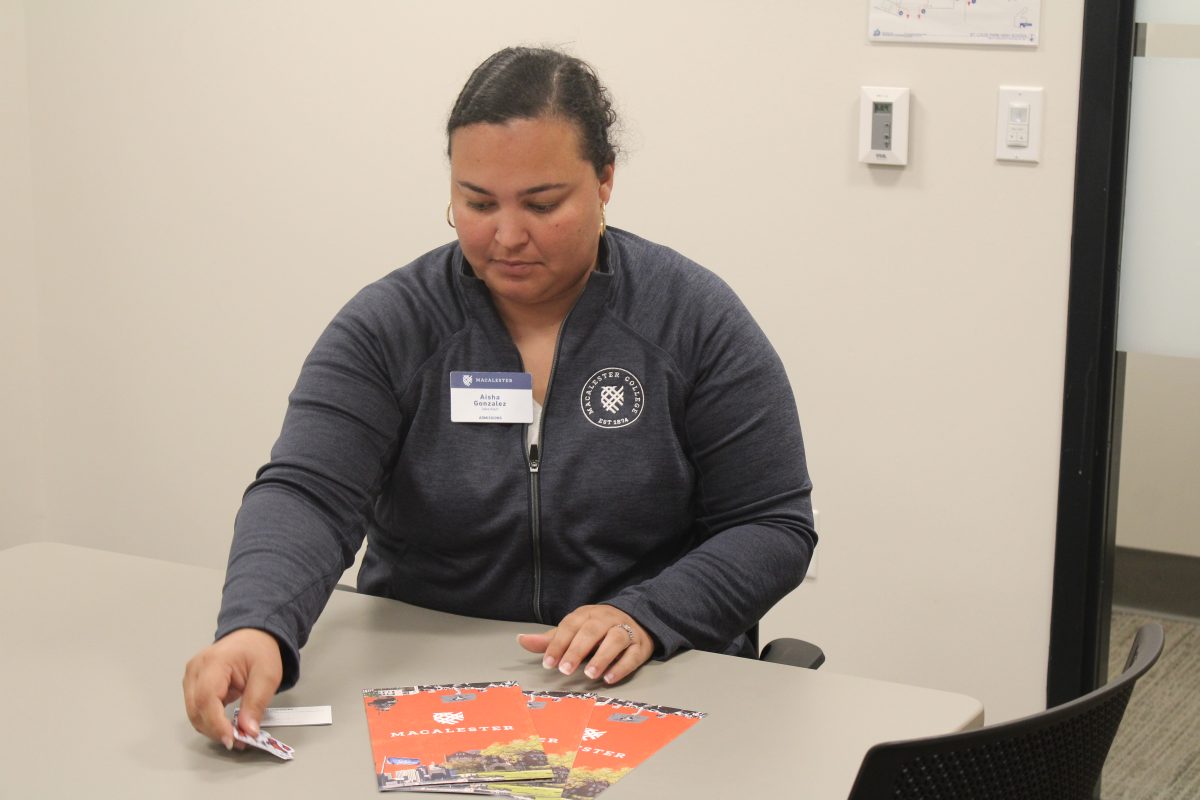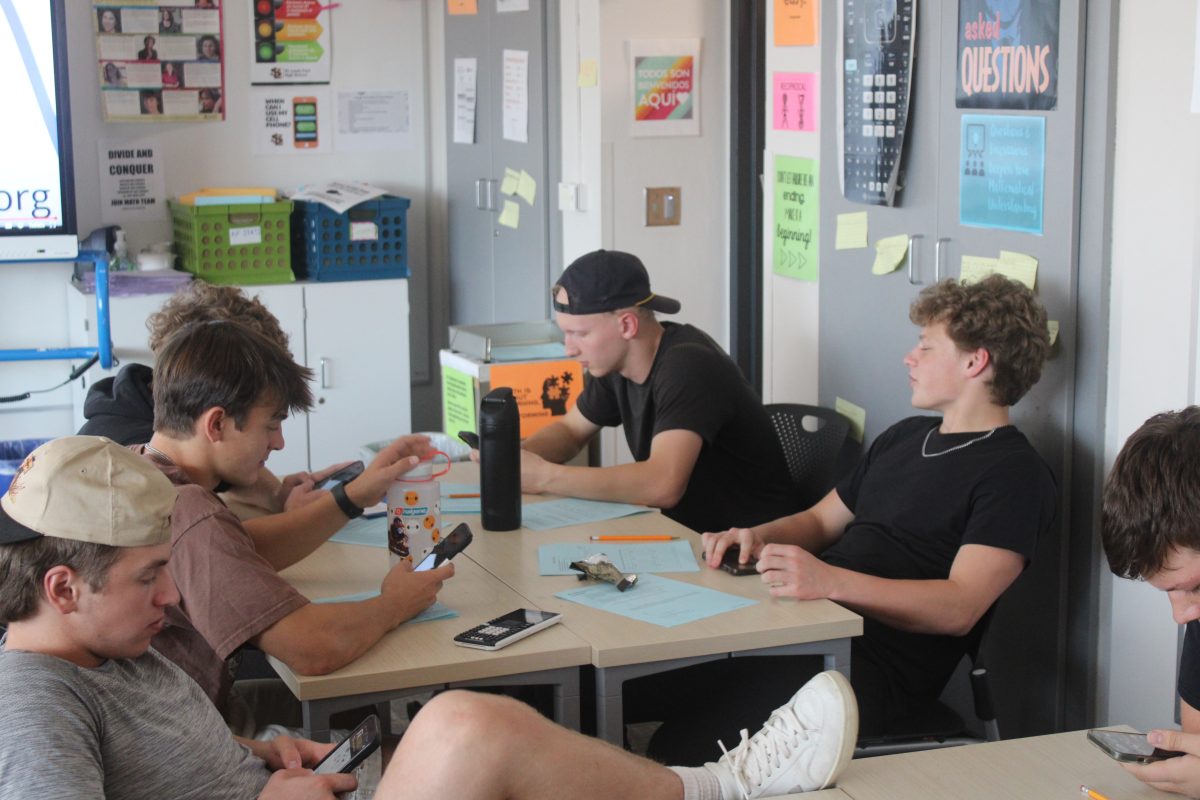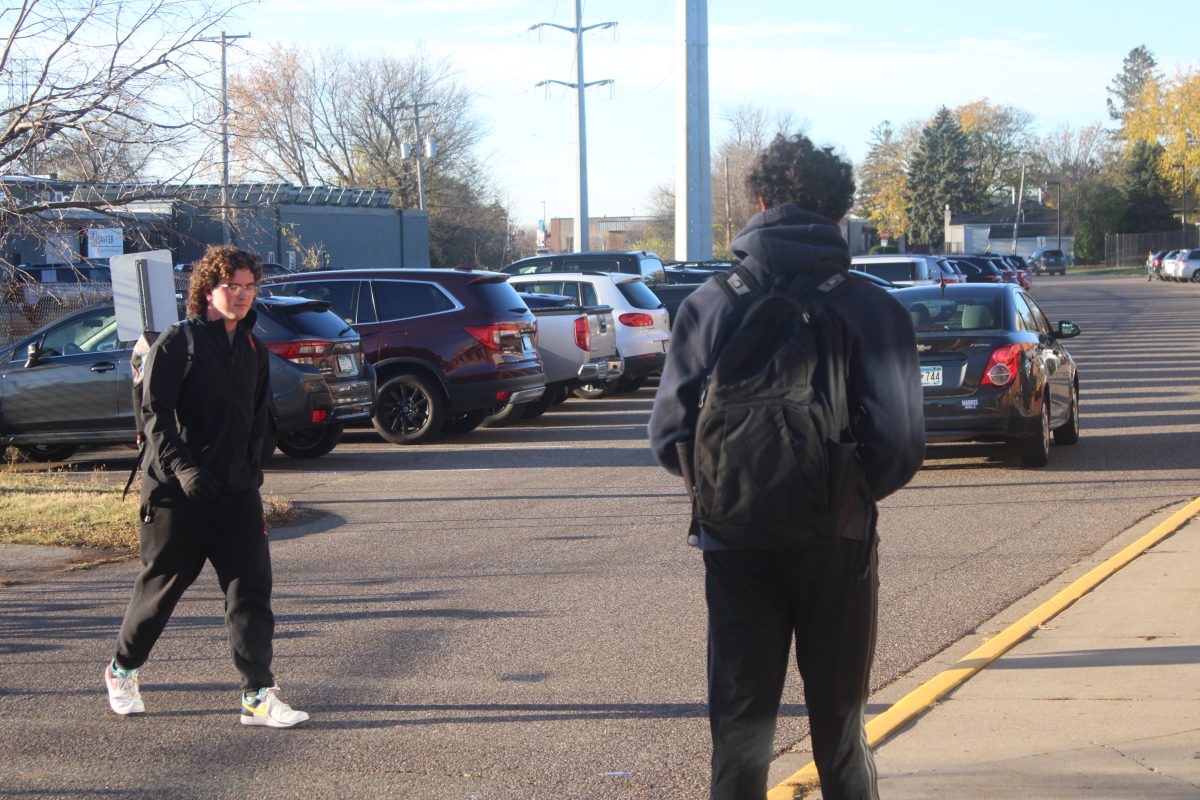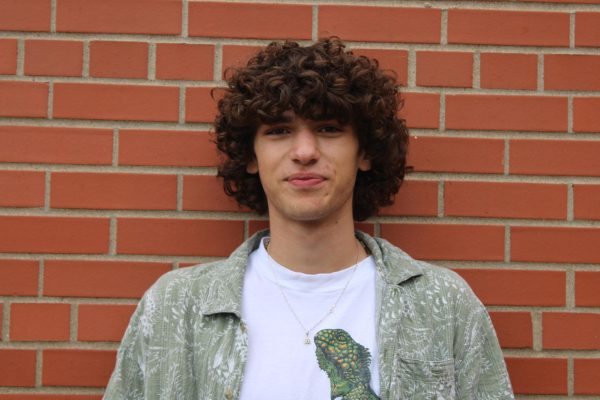In the world, and specifically in the Park community, over the past few years there has been a trend of renaming places, monuments and even lakes to be more appropriate and politically correct. Two well-known name changes in the Twin Cities were the renaming of “Ramsey Middle School,” named after Alexander Ramsey, a founding figure in Minnesota’s history, but also an outright racist, to “Justice Page Middle School” after Justice Alan Page, a former Minnesota Supreme Court Justice and Minnesota Vikings player. Another change was the renaming of “Lake Calhoun,” named after John C. Calhoun, a slave owner and racist, to “Bde Maka Ska,” the original Dakota name for the lake. These changes have been made in an effort to stop celebrating the names of people who were negative figures in history, and to make people affected by those insensitive names more comfortable in the community.
Senior Erik Lindell said while he hasn’t been directly affected by any of these name changes, he supports the changes if they help people reclaim their identities and feel more comfortable in their communities.
“It doesn’t play a major factor in my life, but in general, I’m in favor of renaming lakes. Bde Maka Ska was formerly named after John C. Calhoun who had some tough sound bites. He was very, very racist and very pro slavery, a huge white supremacist,” Lindell said. “I am in favor of people taking ownership of their identities and communities, and changing names that make them feel uncomfortable.”
From an educational standpoint, Park history teacher Jillian Merkle said the changing of these names enables us to ask questions about the origins of these names and why they were changed.
“I think that is a really good starting point for us to be able to talk about larger systemic issues in society by saying, ‘Hey, you guys remember what the school name used to be? Why would they change it, what was going on there?’” Merkle said. “It’s a really good starting point to then dig into a lot of questions like how do we think about history? How do we teach history? How do we talk about these things when they’re so ingrained in our society?”
Principal LaNisha Paddock said it’s important to be open to change and getting feedback from the community about what changes are wanted and appropriate.
“I think it’s about having the openness that if there is a concern that you take the appropriate measures to identify what the concern is,” Paddock said. “Collecting community feedback, identifying what is culturally inappropriate and what the concerns are around the issue. Asking ‘why would there be a need for change?’ So collecting feedback, collecting insight and then being open to if there is a concern, doing more, finding out why and how we can move forward.”
In 2022, a Minneapolis school, “Jefferson Global Studies & Humanities” was renamed to “Ella Baker Global Studies & Humanities” after an American civil rights activist. Lindell said because renaming is a controversial issue, it is important to acknowledge different opinions and discuss why the names need to be changed.
“I think that some people feel that names are attached to American history, and they feel it’s important to honor historical figures like Thomas Jefferson,” Lindell said. “I think that that’s why it’s important to have debates and have real conversations, with actual people, not just yelling at each other over the internet but where we can really dig deep and talk about how these names make us feel.”
Merkle said she has liked how many of the name changes have been handled. She said she appreciates that they have been acknowledging the voices and opinions of the community.
“I’ve actually really enjoyed watching how schools are doing it. I’m thinking of Justice Page, for instance, and how they actually renamed it by using student voice and student body and teacher voice,” Merkle said. “A lot of different voices came into that so I think it’s been a really intentional process, which has been awesome to watch.”



